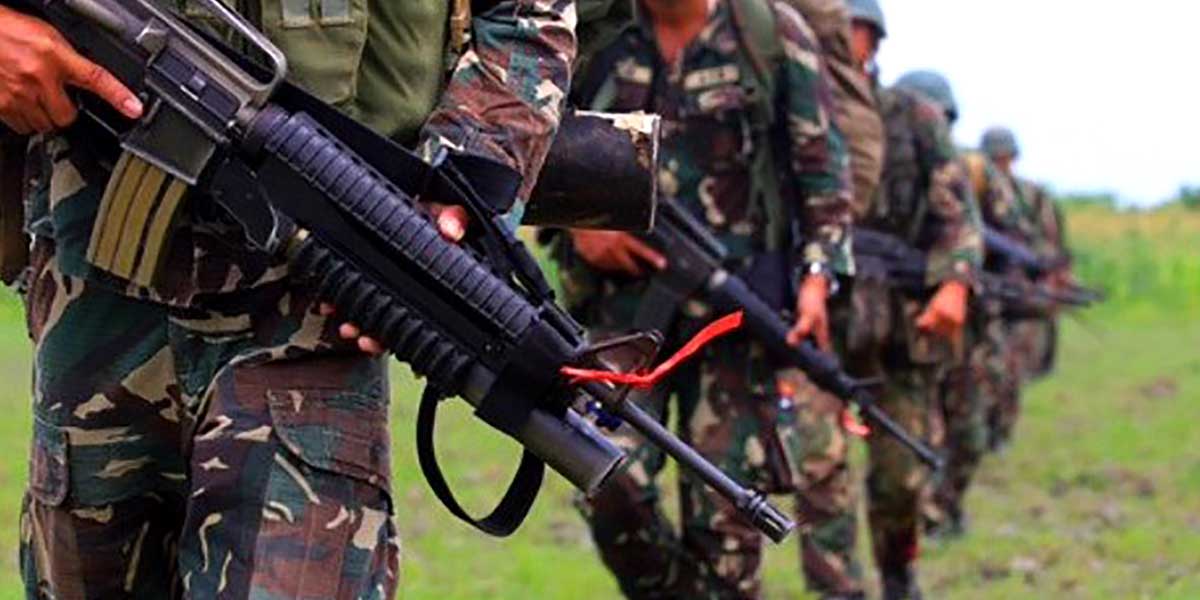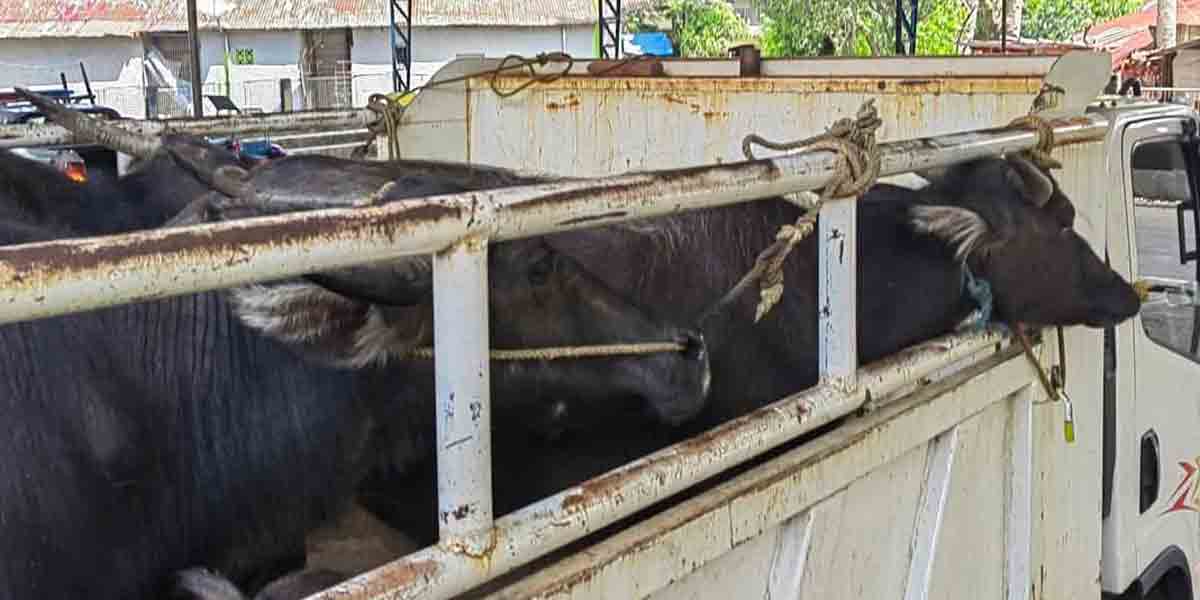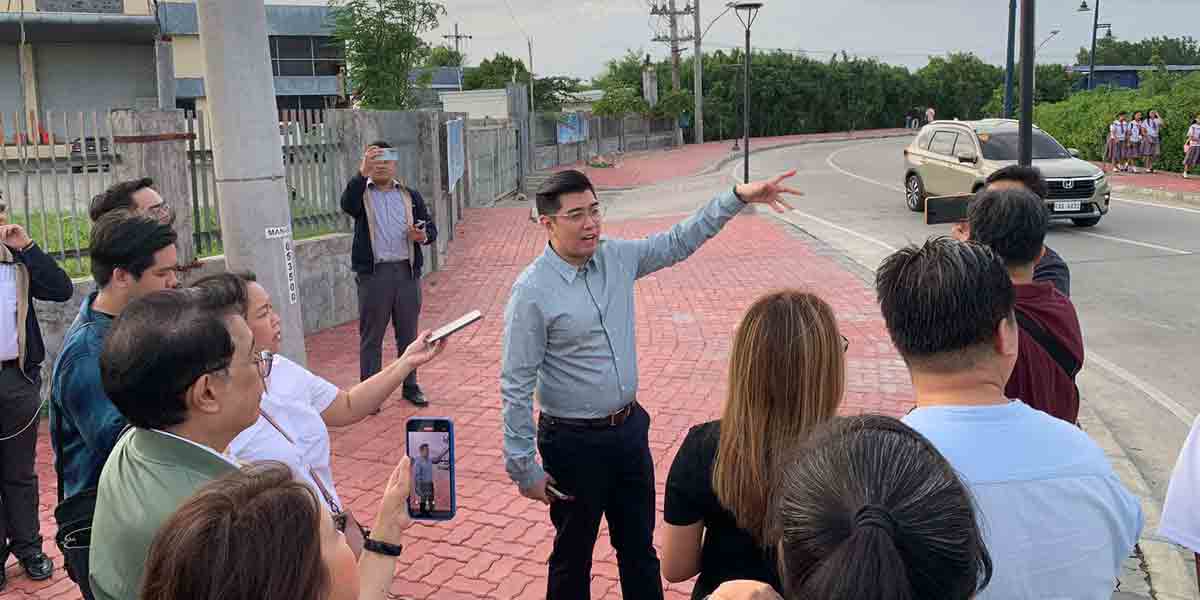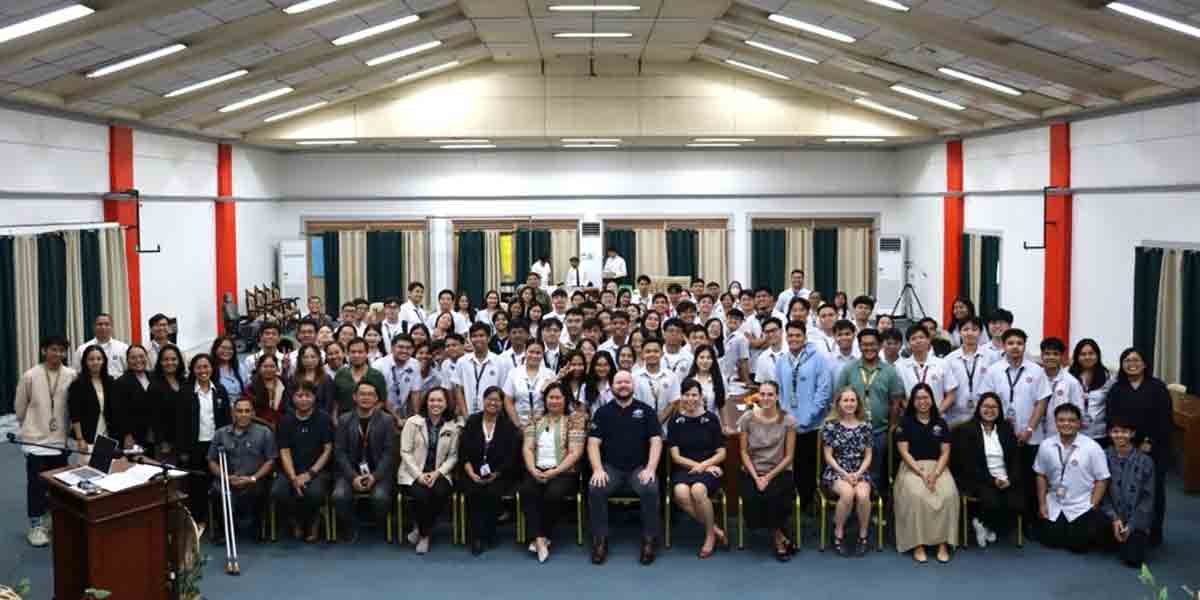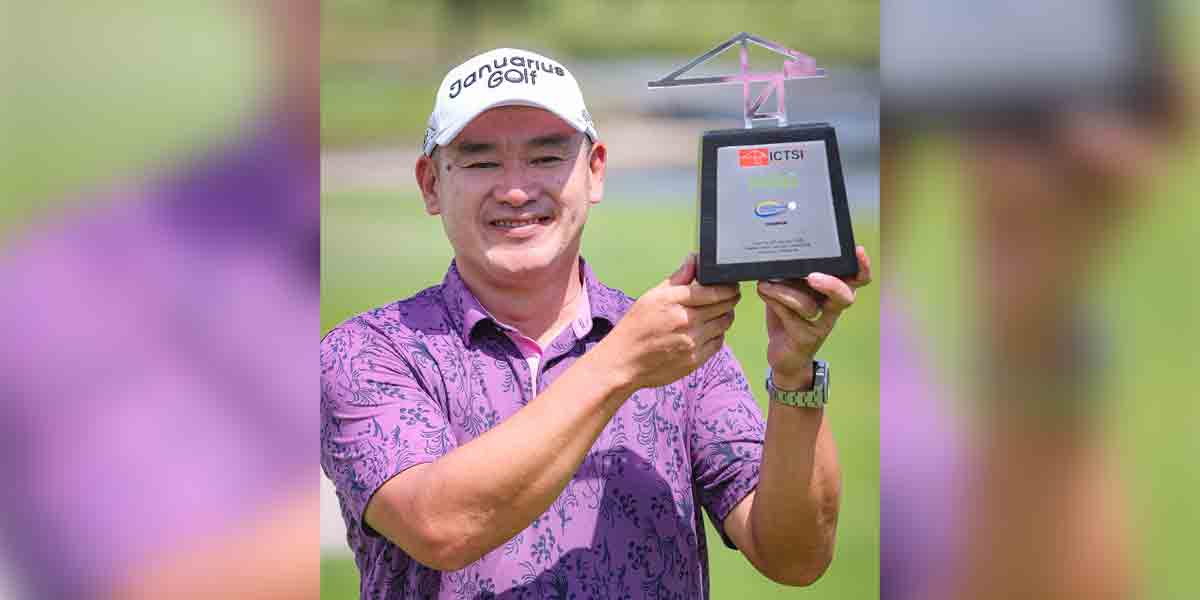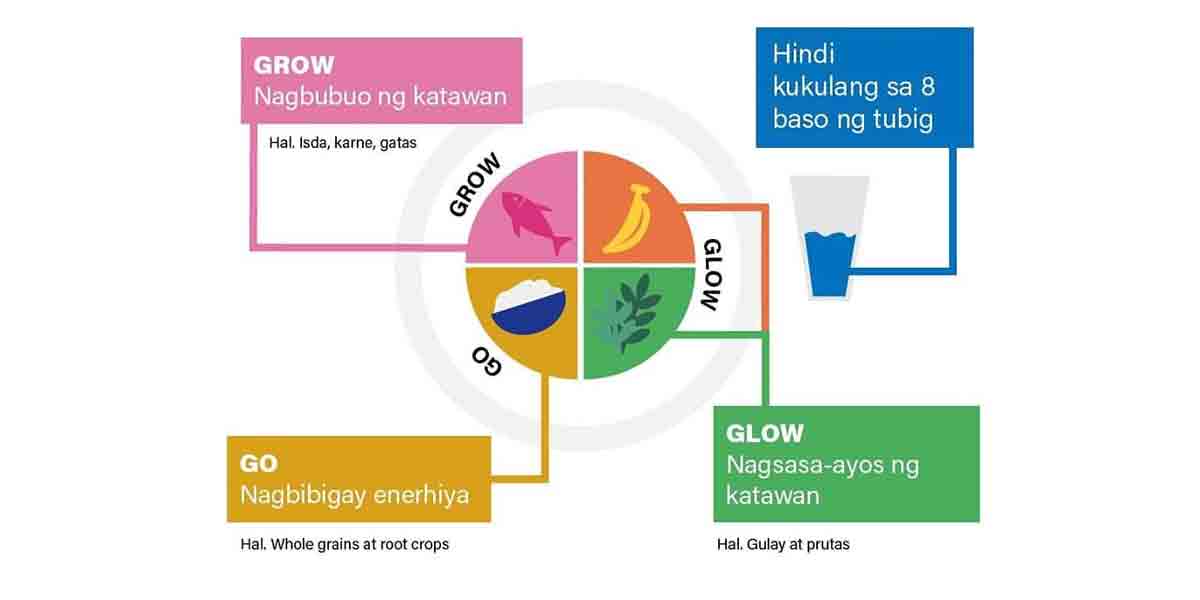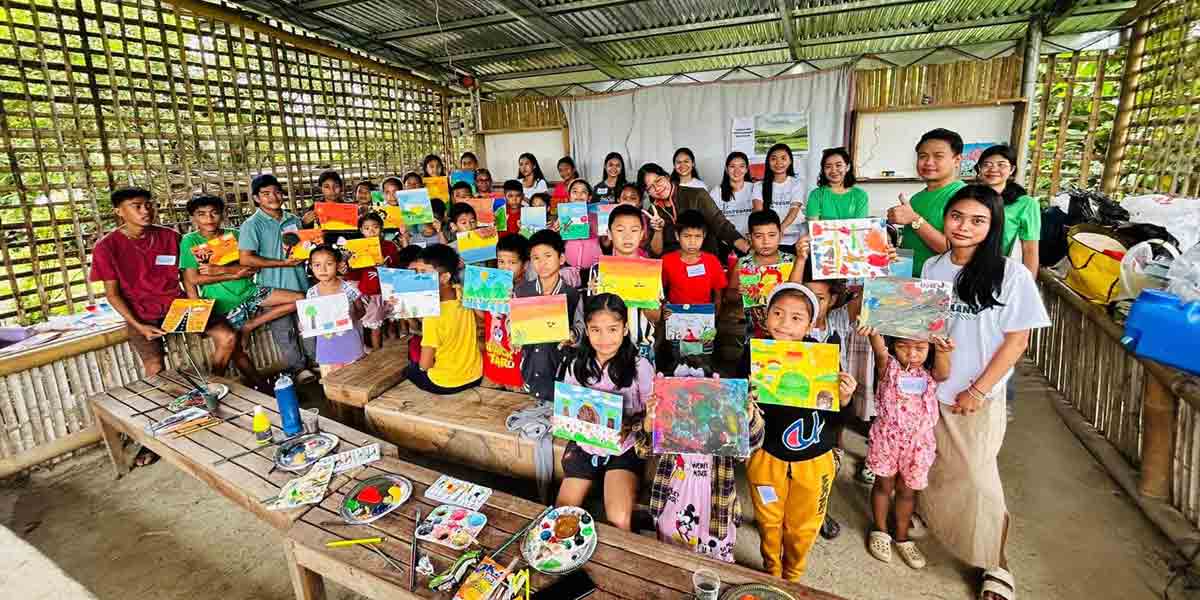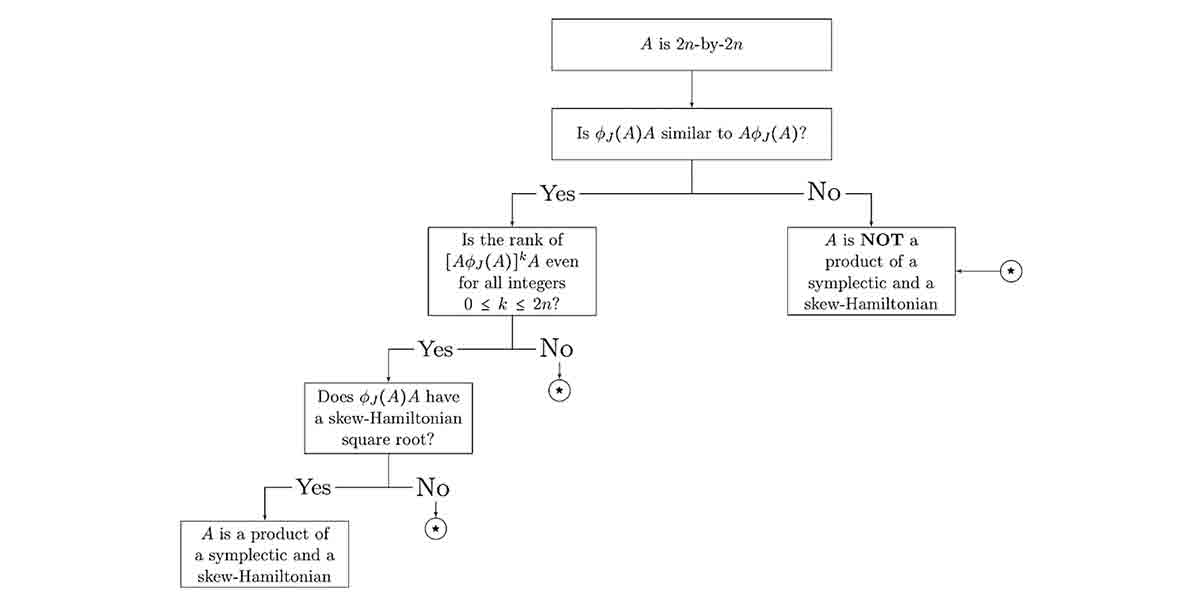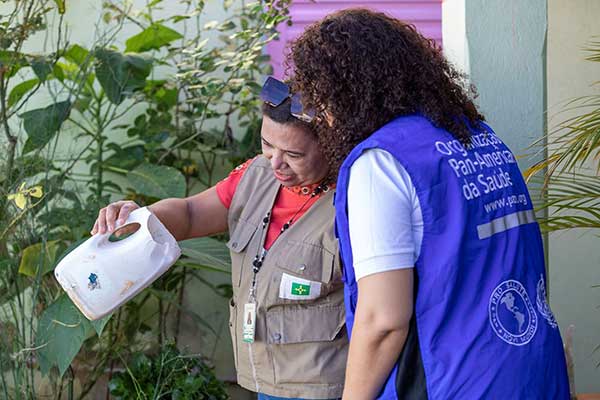
The World Health Organization (WHO) has launched a Global Strategic Preparedness, Readiness and Response Plan (SPRP) aimed at addressing the alarming rise in dengue and other Aedes-borne arboviral diseases, including Zika and chikungunya.
The plan, unveiled today, seeks to reduce the burden of these diseases by promoting a globally coordinated response. It offers strategic actions to countries affected by dengue and similar diseases, focusing on areas such as disease surveillance, vector control, clinical management, and community engagement.
“Dengue and other arboviral diseases have spread rapidly in recent years, presenting an alarming global trend that requires coordinated action across sectors and borders,” said Dr. Tedros Adhanom Ghebreyesus, WHO Director-General. “From maintaining clean environments to providing timely medical care, everyone has a role to play. This plan is a roadmap to turn the tide and protect vulnerable populations.”
As of August 2024, over 12.3 million dengue cases were reported globally, nearly double the 6.5 million cases recorded for all of 2023. Dengue is endemic in tropical regions, particularly in Southeast Asia, the Western Pacific, and the Americas. Africa is also grappling with dengue amidst ongoing health crises and fragile healthcare systems.
Factors such as urbanization, climate change, and international travel are contributing to the rapid spread of dengue, which is now endemic in over 130 countries. With an estimated 4 billion people currently at risk, the WHO warns that this number could rise to 5 billion by 2050.
The SPRP includes five key components to strengthen the global response:
- Emergency coordination to enhance leadership and coordination activities.
- Collaborative surveillance to detect outbreaks early through better surveillance, diagnostics, and field investigations.
- Community protection through active dialogue and local mosquito control efforts.
- Safe and scalable care to ensure patients receive adequate treatment and prevent deaths.
- Access to countermeasures by promoting research for improved treatments and vaccines.
The plan, which will be implemented until September 2025, requires $55 million (PHP 3 billion) to support preparedness and response efforts. It aligns with the WHO’s Global Vector Control Response 2017-2030 and the Global Arbovirus Initiative launched in 2022.
“This is a call to action for all stakeholders—governments, health providers, communities, and individuals—to join forces in combating dengue and other arboviruses through innovation and improved vector control strategies,” added Dr. Ghebreyesus.



